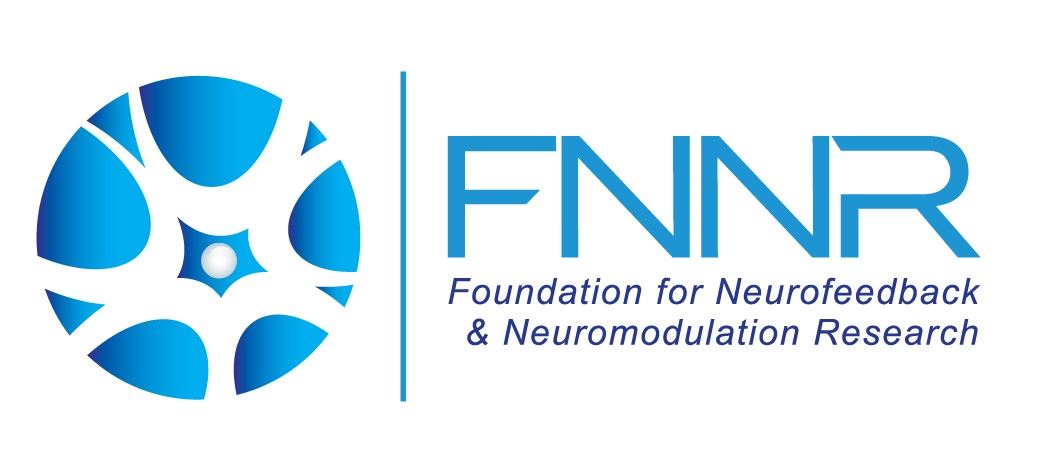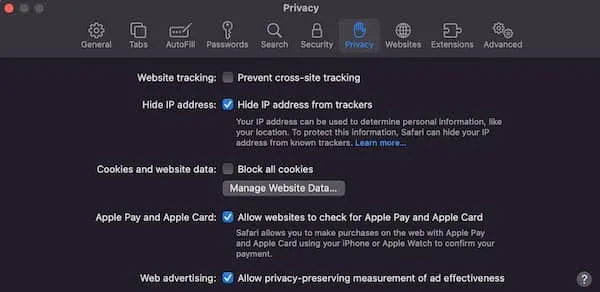
Registration:
Course Description:
As the field of neurofeedback rapidly evolves, the emphasis on integrating research-backed strategies becomes paramount to ensure effective and ethical client care. A foundational understanding sets the stage for a deeper exploration of how evidence-based research can be effectively integrated into neurofeedback practice for achieving better clinical outcomes. This webinar will include:
1) Practical ways of developing focused clinical questions, navigating and appraising relevant literature, and discerning high-quality research.
2) Presentation of real-world examples and case studies illustrating the successful application of evidence-based strategies in treating conditions like ADHD, anxiety, and PTSD using neurofeedback. These examples serve to bridge the gap between theory and practice, providing actionable insights for practitioners.
3) Discussion of the selection and use of standardized, reliable, and valid assessment tools for objectively measuring client outcomes and informing evidence-based treatment decisions.
4) Ethical considerations of applying research findings to client care will be addressed. This segment aims to reinforce the ethical responsibilities of practitioners in an evidence-based framework.
The webinar will conclude with a synthesis of the main takeaways, underscoring the importance of ongoing professional development, and the commitment to staying abreast of emerging research in neurofeedback.
If you cannot attend the live webinar, all paid registrants will receive a recording of the webinar.
Date & Time: Thursday, April 18, 2024, 12:00 noon Eastern Time
Location: Zoom
Presenter: Mark Zinn, PhD
Note: After registering, an email with a link to the webinar to register in Zoom will be sent to you.
Who is the Audience: Psychologists, educators/researchers
Level: Introductory
Specific Learning objectives:
Based on the content of this presentation, the participant will be able to:
- Understand what constitutes evidence-based practice and its importance in neurofeedback.
- Learn how to formulate clear clinical questions for guiding evidence-based practice.
- Learn strategies for critically appraising neurofeedback literature.
- Learn how to effectively integrate research findings into clinical practice.
- Selection and application of valid and reliable tools for client assessments.
- Learn evidence-based principles that can be applied to various neurofeedback scenarios.
- Understand how evidence-based strategies can have positive impact on client outcomes and practice efficacy.
Fees: Webinar fee is $35.00 for all ISNR members. The fee for non-ISNR members is $45.00. Student fee is $15 with proof of student status.
Continuing Education: No CE credit is available for this webinar.
INSTRUCTOR
Mark Zinn, PhD
Dr. Zinn is an adjunct professor at DePaul University and Chicago School of Professional Psychology where he teaches courses in applied research design and cognitive neuroscience. He is also the co-founder and president of the NeuroCognitive Research Institute, a nonprofit organization dedicated to improving the lives of patients with complex neurological conditions. He has published clinical case studies using eLORETA techniques in the Journal of Biological Psychology, International Journal of Psychophysiology, AAPB Journal, and NeuroRegulation. He recently co-authored a leading book chapter on Statistics and Research Methods in Tasman’s Psychiatry, 5th edition.
Currently, he has been partnering with the leaders in the biotech industry to conduct studies investigating the efficacy of a novel wearable neuromodulatory device for treating depressive symptoms in patients with long COVID.
Refund/cancellation policy: If you sign up and pay for a webinar but are unable to attend the live presentation, you will be provided with access to the recorded webinar; refunds will not be issued.
FNNR is committed to accessibility and non-discrimination in its continuing education activities. Participants are asked to be aware of the need for privacy and confidentiality throughout the program. If program content becomes stressful, participants are encouraged to bring their concerns up during the question and discussion period, typically held at the end of the presentation. A moderator will be available during the presentation. If participants have special needs, we will attempt to accommodate them.
Please address questions, concerns and any complaints to Shea Connor at [email protected].
Because these presentations will be done online, it will be the responsibility of the participant to provide adequate and appropriate computer availability as well as Internet connections that will support this webinar. All efforts and reasonable accommodations will be made to make the information accessible to persons with disabilities.
While this presentation offers no risk in and of itself, it is the responsibility of the individual attendee to determine any risks involved in the implementation of the contents of this presentation.
Disclosure: There is no conflict of interest or commercial support for this program.

